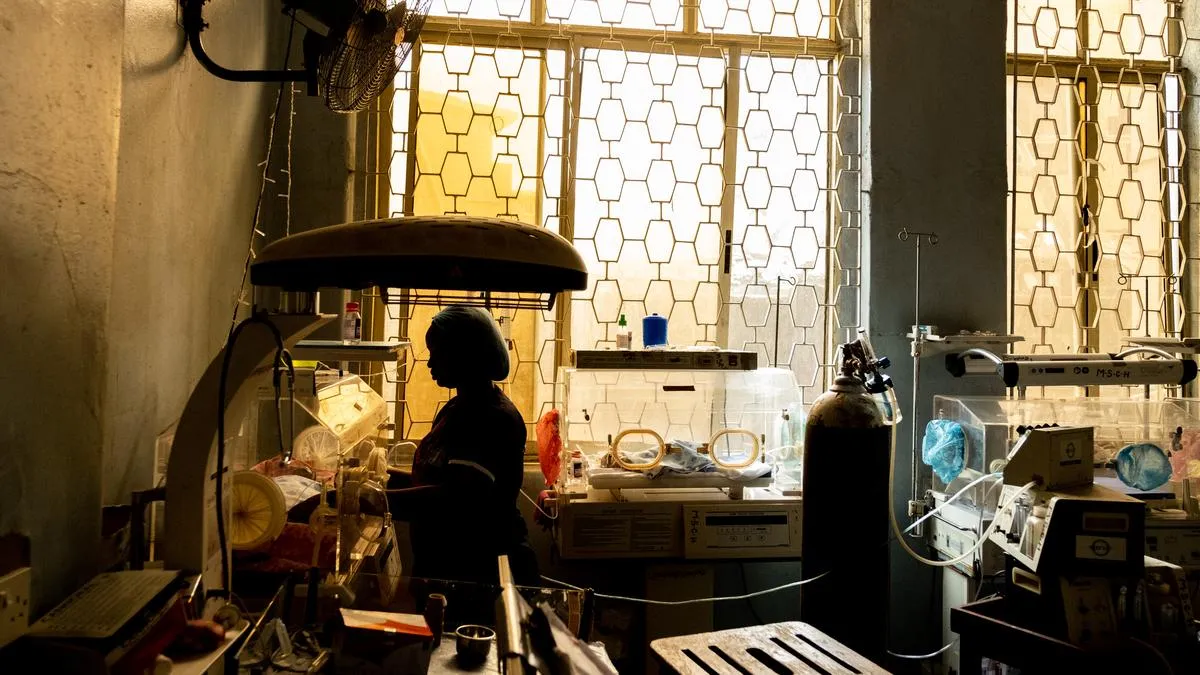Addressing Antimicrobial Resistance Through New Political Declaration by the United Nations General Assembly

Introduction to Antimicrobial Resistance
Antimicrobial resistance (AMR) represents a critical threat that could reverse significant medical progress achieved over decades. The misuse and overuse of antimicrobial medicines, particularly antibiotics, have led to the emergence of drug-resistant infections. These challenges are felt especially acutely in low- and middle-income countries where healthcare resources are scarce.
New Political Declaration
The recent political declaration presented during the United Nations General Assembly emphasizes a renewed commitment to combat AMR. This declaration is designed to enhance global collaboration among nations to tackle the issues posed by treatment-resistant infections.
Key Factors Contributing to AMR
- Wartime injuries and healthcare challenges
- Resistance to specific antibiotics
- Drug-resistant infections in conflict zones
- Impact of animal and agrifood systems
Global Organizations Involved
Efforts to combat AMR are supported by estimates from global organizations. The World Health Organization (WHO), the Food and Agriculture Organization (FAO), and the United Nations Environment Programme (UNEP) all play pivotal roles in addressing this significant public health crisis.
Concluding Remarks
This initiative dovetails with strategies to enhance access to new and existing antimicrobial medicine, addressing the lack of access to clean water which is a crucial step in fighting AMR. By focusing on these interconnected issues, the global health community aims to alleviate the burden of sepsis in newborns and improve health outcomes in vulnerable populations.
This article was prepared using information from open sources in accordance with the principles of Ethical Policy. The editorial team is not responsible for absolute accuracy, as it relies on data from the sources referenced.